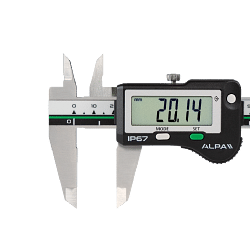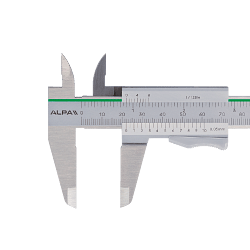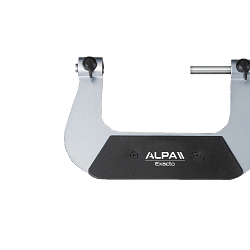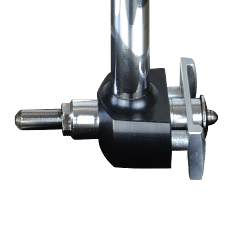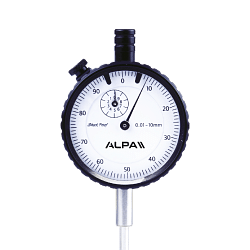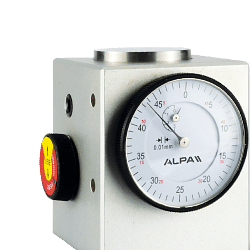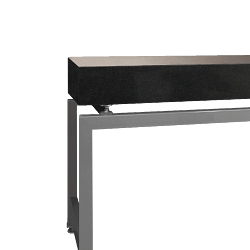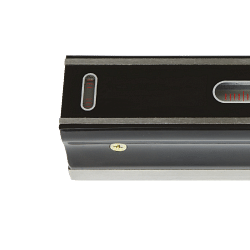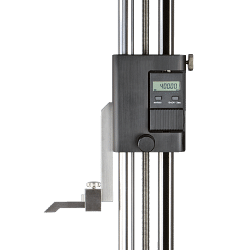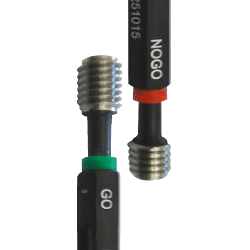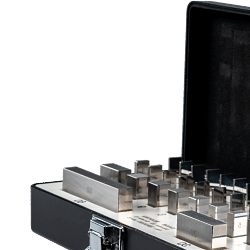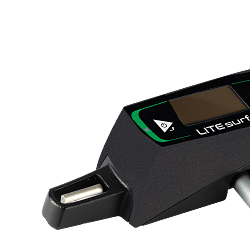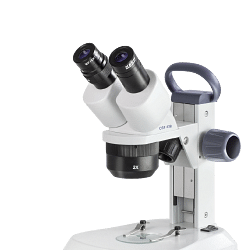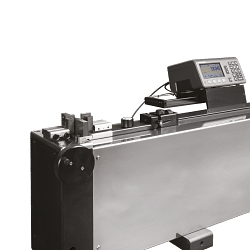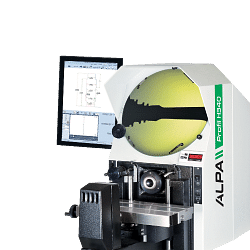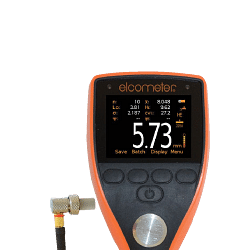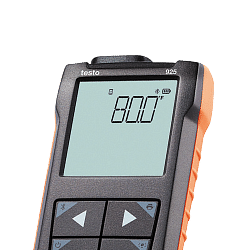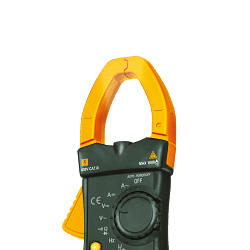You have no items in your shopping cart.
Register and use the discount code NEWWELCOME to get 10% off on your first purchase. GET DISCOUNT.
Register and use the discount code NEWWELCOME to get 10% off on your first purchase. GET DISCOUNT.
Register and use the discount code NEWWELCOME to get 10% off on your first purchase. GET DISCOUNT.
Free shipping in 24h from 200€
Catalogues
Customer service
How can we help you?
- Faq
- Customer service
02.927371
- Supporting big orders
02.38298620
-
info@linkindustrialtools.it
- Request assistance with form
Or contact us with the chat in the lower right corner
- All products
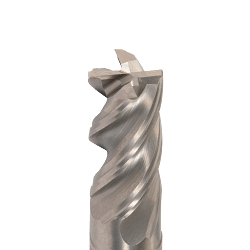 Integral cutting tools
Integral cutting tools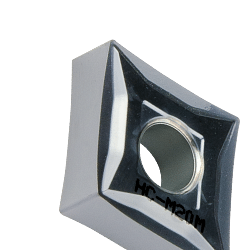 Turning tools
Turning tools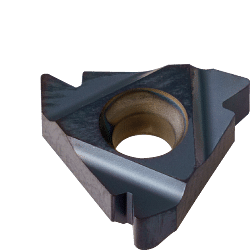 Thread tools
Thread tools Thread tools
Thread tools- All products
- Thread inserts
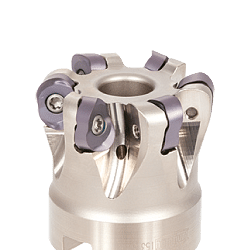 Milling cutters
Milling cutters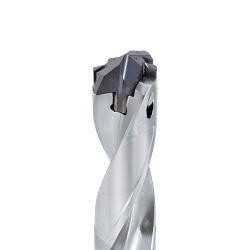 Drilling tools
Drilling tools Drilling tools
Drilling tools- All products
- Indexable drill bits
- Indexable drill heads
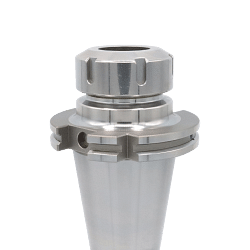 Clamping systems
Clamping systems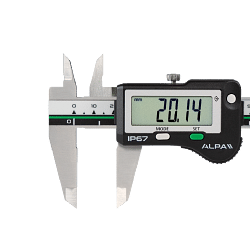 Measuring and precision tools
Measuring and precision tools Measuring and precision tools
Measuring and precision tools- All products
- Digital calipers with readings to 0.01
- Analogue calipers
- Digital micrometers
- Analogue micrometers
- Bore gauges
- Snap gauges
- Digital gauges
- Analogue gauges
- Touch probes
- Zero setters and edge finders
- Inspection plates
- Altimeters
- Height gauges
- Squares and levels
- Threaded rings
- Gauge blocks
- Calibrated tapes and thickness gauges
- Digital and analogue hardness testers
- Roughness testers
- Microscopes, lenses and visors
- Digital thermo-hygrometer to measure moisture
- Reset benches
- Optical profile projector
- Professional, digital dynamometers
- Laboratory scales
- Digital amperometric pliers
- Thickness and adhesion gauges
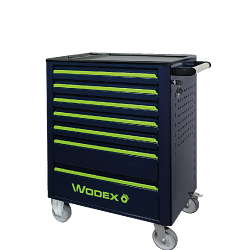 Hand tools
Hand tools Hand tools
Hand tools- All products
- Combination wrenches
- Spanners
- Hook wrenches
- Tubular wrenches
- Hexagon keys
- Torx wrench
- Socket wrenches
- Screwdrivers
- Torque wrenches
- Torque screwdriver
- Inserts and bits for screw drivers
- Tool trolleys
- Workshop pliers
- Wire strippers
- Cable strippers
- Cutting nippers
- Professional scissors
- Nippers
- Professional shears
- American or Swedish pipe wrench
- Adjustable wrench
- Pipe tools
- Pipe cutter for plumber
- Cutter
- Hacksaws
- Deburring tools
- Chisels
- Hammers and mallets
- Mechanical and conical pullers
- Clamps
- Tap wrenches and die stocks
- Riveters
- Flexometers
- Tape measures
- Markers
- Flat squares and rulers
- Professional dividers
- Professional protractors
- Brushes
- Lubricators and spray nozzles
- T-wrenches
- Reversible ratchets
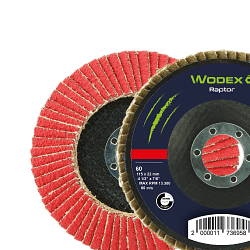 Abrasives
Abrasives Abrasives
Abrasives- All products
- Cutting discs
- Deburring grinding wheel
- Flap discs
- Fabric discs for surface treatment
- Abrasive fibre discs with Velcro
- Abrasive cloth in rolls, sheets and bands
- Flap wheels with pin and abrasive wheel with hole
- Abrasive wheels for buffing machines
- Abrasive spiral bands
- Abrasive brushes
- Flexible sanders
- Mounted grinding discs
- Polishing felt
- Solid carbide rotary cutters
- HSS rotary cutters
- Abrasive wheels for sharpening and grinding
- Diamond grinding wheels
- Grinding stone
- Diamond paste
- Abrasive stones
- Files and rasps
- Diamond files
- Grinders and polishing equipment
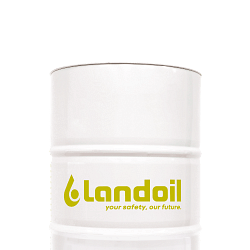 Lubricants for machine tools
Lubricants for machine tools Lubricants for machine tools
Lubricants for machine tools- All products
- Water-miscible coolants
- Neat cutting oil
- Minimal lubrication systems
- Oil for guides and slides
- Drums of hydraulic oil fluid
- Anti-freeze for machine tools
- Air coolers
- Oil separator
- Powders and absorbents for oil
- Aspirators for oil mist
- Accessories for cooling lubricants
- Metal and mould protectors
- Grease and paste
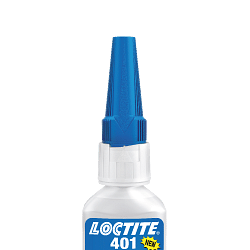 Chemical, adhesives and sealants
Chemical, adhesives and sealants Chemical, adhesives and sealants
Chemical, adhesives and sealants- All products
- Acrylic, cyanoacrylate and epoxy adhesives
- Guns and silicon sealant
- Threadlocker
- Sealants and retainers
- Release agents, lubricants and anti-seize
- Zinc spray and polishes
- Lubrication accessories
- Protections for maintenance
- Industrial Cleansing
- Handwash
- Industrial cloths and rags
- Welding machines
- Electrodes
- Clamps, shields and welding masks
- Antispatter
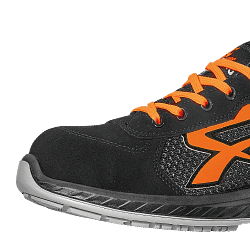 Safety equipment
Safety equipment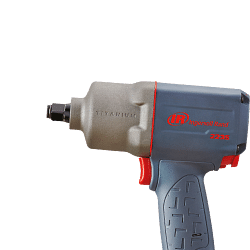 Pneumatics
Pneumatics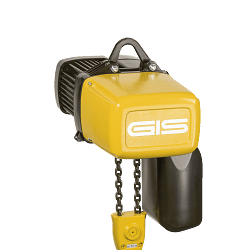 Lifting systems
Lifting systems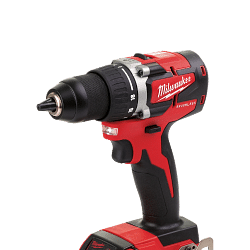 Workshop equipment
Workshop equipment Workshop equipment
Workshop equipment- All products
- Column and bench drills
- Accessories for lathes
- Band saws
- Cut-off machines
- Bench grinders
- Power tools
- Spare parts and accessories for Power Tools
- Saws and hole cutters: wood, metal and plasterboard
- Tapered cutters for sheet metal
- Industrial aspirators
- Fume aspirators
- Bench vices
- Technical lamps
- LED torches
- Industrial cable winders
- Trolley wheels
- Quick clamps
- Threaded inserts
- Control knobs
- Packaging accessories and material
- Belt sanders
- Electric tapping machines
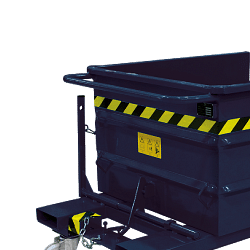 Furnishings and storage
Furnishings and storage Furnishings and storage
Furnishings and storage- All products
- Work benches
- Swivel chairs for office use
- Drawer units for workshops
- Industrial cabinets for warehouses and workshops
- Tool cabinets
- Security cabinets
- Changing room cabinets
- Containers for small metal parts
- Scrap holders
- Workshop trolleys
- Spill pallets for drum storage
- Shelves for warehouses and offices
- Cantilever shelving
- Aluminium ladders
- Modular plinths
- Units and cabinets for waste recycling
 Brand
BrandPromotions
 Bestseller
Bestseller- Catalogues
-
Catalogues
Customer service
How can we help you?
- Faq
- Customer service
02.927371
- Supporting big orders
02.38298620
-
info@linkindustrialtools.it
- Request assistance with form
Or contact us with the chat in the lower right corner
< Measuring and precision tools
- Home
- Measuring and precision tools
- CNC co-ordinate measuring machines
CNC co-ordinate measuring machines
CNC co-ordinate measuring machines are a key element in the modern machine shop landscape. These advanced tools are designed to ensure precision and reliability when measuring complex components, helping to improve the quality of the end product and the efficiency of the production process. In this in-depth look, we will explore in detail what CNC co-ordinate measuring machines are, how they work, their advantages and practical applications in industry.
Introduction to CNC co-ordinate measuring machines
CNC co-ordinate measuring machines, commonly known as CMMs (Coordinate Measuring Machines), are devices used to measure the physical dimensions of an object. These machines use a three-dimensional co-ordinate system to accurately determine the geometry of a part, allowing verification that design specifications are met. CMMs are equipped with a moving arm that moves along X, Y and Z axes, and a probe that detects contact points on the surface of the part.
Operation of CNC co-ordinate measuring machines
The operation of CNC co-ordinate measuring machines is based on a computer numerical control (CNC) system that guides the movement of the probe. The probe, which can be contact or non-contact, collects data on the surface of the part and transmits it to analysis software. This software processes the data to generate a three-dimensional model of the part, comparing it with the original CAD model to identify any discrepancies.
Advantages of CNC co-ordinate measuring machines
The use of CNC co-ordinate measuring machines offers several advantages to machine shops. Firstly, the accuracy of measurements is significantly higher than with traditional methods, reducing the margin of error and improving the quality of the final product. Furthermore, CMMs allow the measurement process to be automated, increasing efficiency and reducing production time. The ability to detect defects and discrepancies at an early stage allows for early intervention, reducing production costs and minimising scrap.
Applications of CNC co-ordinate measuring machines
CNC co-ordinate measuring machines find application in a variety of industries, including automotive, aerospace, electronics and tool manufacturing. In the automotive industry, for example, CMMs are used to check the conformity of engine and body parts, ensuring that each component meets design specifications. In the aerospace industry, the accuracy of CMMs is crucial for the production of critical components, such as turbine blades and wing structures.
Types of CNC co-ordinate measuring machines
There are different types of CNC co-ordinate measuring machines, each designed to meet specific measurement needs. Bridge CMMs are the most common and are ideal for measuring large parts. Horizontal arm CMMs, on the other hand, are used to measure irregularly shaped or large components. Finally, portable CMMs offer the flexibility to perform measurements directly in the field, without the need to move the part.
Maintenance and calibration of CNC co-ordinate measuring machines
To ensure measurement accuracy and reliability, regular maintenance and calibration of CNC co-ordinate measuring machines is essential. Calibration consists of checking and adjusting the accuracy of the machine, ensuring that measurements are accurate. Preventive maintenance, on the other hand, includes cleaning components, checking control systems and replacing worn parts.
Challenges and solutions in using CNC co-ordinate measuring machines
Despite its many advantages, the use of CNC co-ordinate measuring machines can present some challenges. One of the main difficulties is the complexity of the analysis software, which requires specific skills to be used effectively. In addition, the sensitivity of the probes can be affected by environmental factors such as temperature and humidity. To overcome these challenges, it is crucial to invest in staff training and the adoption of advanced technological solutions, such as temperature compensation systems.
Future of CNC co-ordinate measuring machines
The future of CNC co-ordinate measuring machines is promising, with continuous technological advances improving their performance and efficiency. Integration with artificial intelligence and the Internet of Things (IoT) is opening up new possibilities for automation and optimisation of measurement processes. In addition, the development of more advanced probes and more intuitive analysis software will make CMMs even more accessible and versatile.
Conclusions
CNC co-ordinate measuring machines (CMMs) are indispensable tools for machine shops that aim to ensure precision and quality in their production processes. Thanks to their ability to perform accurate and reliable measurements, CMMs contribute to improving operational efficiency and reducing production costs. As technologies evolve and innovative solutions are adopted, CNC co-ordinate measuring machines will continue to play a crucial role in the future of the manufacturing industry.
Read More Read LessIntroduction to CNC co-ordinate measuring machines
CNC co-ordinate measuring machines, commonly known as CMMs (Coordinate Measuring Machines), are devices used to measure the physical dimensions of an object. These machines use a three-dimensional co-ordinate system to accurately determine the geometry of a part, allowing verification that design specifications are met. CMMs are equipped with a moving arm that moves along X, Y and Z axes, and a probe that detects contact points on the surface of the part.
Operation of CNC co-ordinate measuring machines
The operation of CNC co-ordinate measuring machines is based on a computer numerical control (CNC) system that guides the movement of the probe. The probe, which can be contact or non-contact, collects data on the surface of the part and transmits it to analysis software. This software processes the data to generate a three-dimensional model of the part, comparing it with the original CAD model to identify any discrepancies.
Advantages of CNC co-ordinate measuring machines
The use of CNC co-ordinate measuring machines offers several advantages to machine shops. Firstly, the accuracy of measurements is significantly higher than with traditional methods, reducing the margin of error and improving the quality of the final product. Furthermore, CMMs allow the measurement process to be automated, increasing efficiency and reducing production time. The ability to detect defects and discrepancies at an early stage allows for early intervention, reducing production costs and minimising scrap.
Applications of CNC co-ordinate measuring machines
CNC co-ordinate measuring machines find application in a variety of industries, including automotive, aerospace, electronics and tool manufacturing. In the automotive industry, for example, CMMs are used to check the conformity of engine and body parts, ensuring that each component meets design specifications. In the aerospace industry, the accuracy of CMMs is crucial for the production of critical components, such as turbine blades and wing structures.
Types of CNC co-ordinate measuring machines
There are different types of CNC co-ordinate measuring machines, each designed to meet specific measurement needs. Bridge CMMs are the most common and are ideal for measuring large parts. Horizontal arm CMMs, on the other hand, are used to measure irregularly shaped or large components. Finally, portable CMMs offer the flexibility to perform measurements directly in the field, without the need to move the part.
Maintenance and calibration of CNC co-ordinate measuring machines
To ensure measurement accuracy and reliability, regular maintenance and calibration of CNC co-ordinate measuring machines is essential. Calibration consists of checking and adjusting the accuracy of the machine, ensuring that measurements are accurate. Preventive maintenance, on the other hand, includes cleaning components, checking control systems and replacing worn parts.
Challenges and solutions in using CNC co-ordinate measuring machines
Despite its many advantages, the use of CNC co-ordinate measuring machines can present some challenges. One of the main difficulties is the complexity of the analysis software, which requires specific skills to be used effectively. In addition, the sensitivity of the probes can be affected by environmental factors such as temperature and humidity. To overcome these challenges, it is crucial to invest in staff training and the adoption of advanced technological solutions, such as temperature compensation systems.
Future of CNC co-ordinate measuring machines
The future of CNC co-ordinate measuring machines is promising, with continuous technological advances improving their performance and efficiency. Integration with artificial intelligence and the Internet of Things (IoT) is opening up new possibilities for automation and optimisation of measurement processes. In addition, the development of more advanced probes and more intuitive analysis software will make CMMs even more accessible and versatile.
Conclusions
CNC co-ordinate measuring machines (CMMs) are indispensable tools for machine shops that aim to ensure precision and quality in their production processes. Thanks to their ability to perform accurate and reliable measurements, CMMs contribute to improving operational efficiency and reducing production costs. As technologies evolve and innovative solutions are adopted, CNC co-ordinate measuring machines will continue to play a crucial role in the future of the manufacturing industry.


